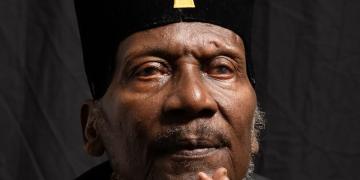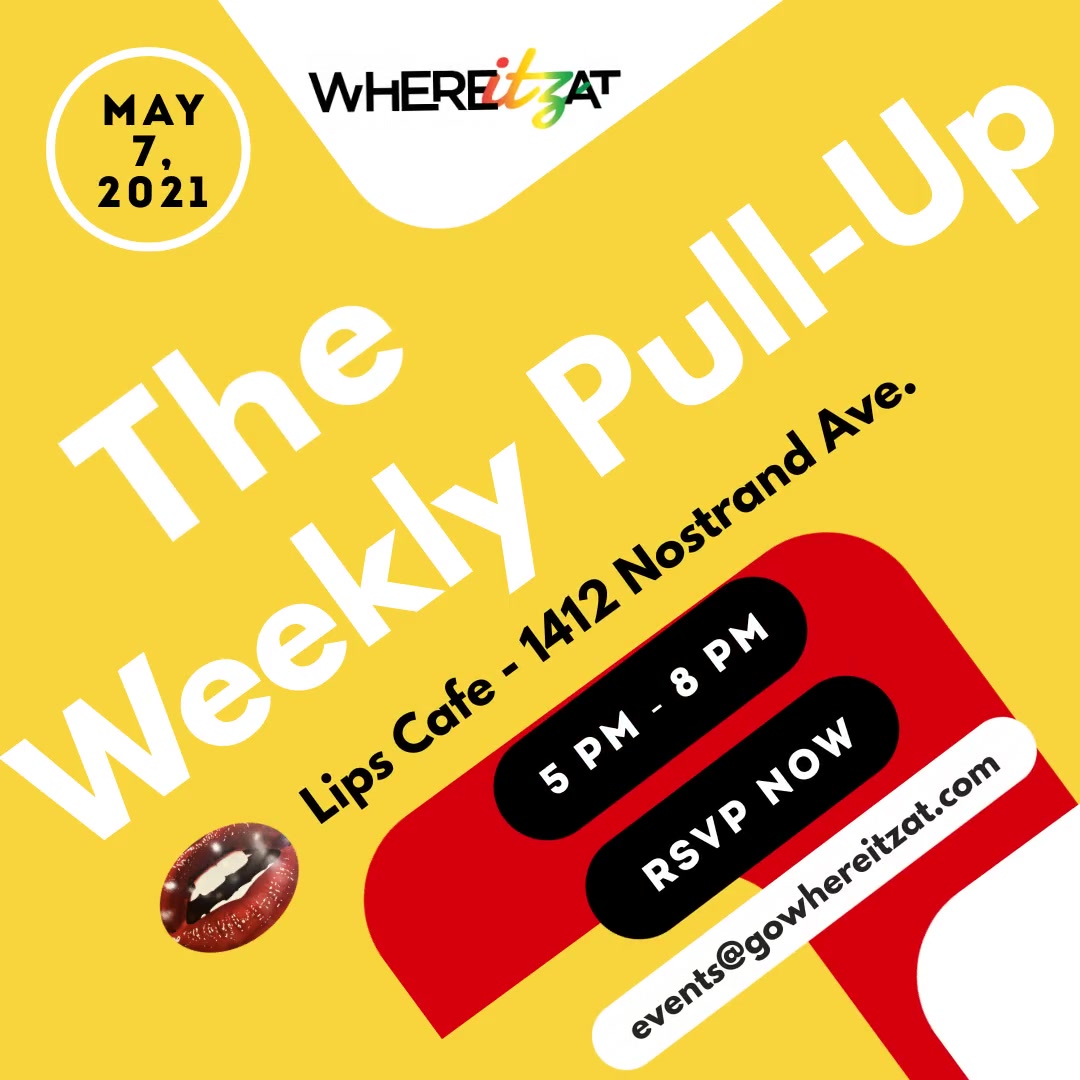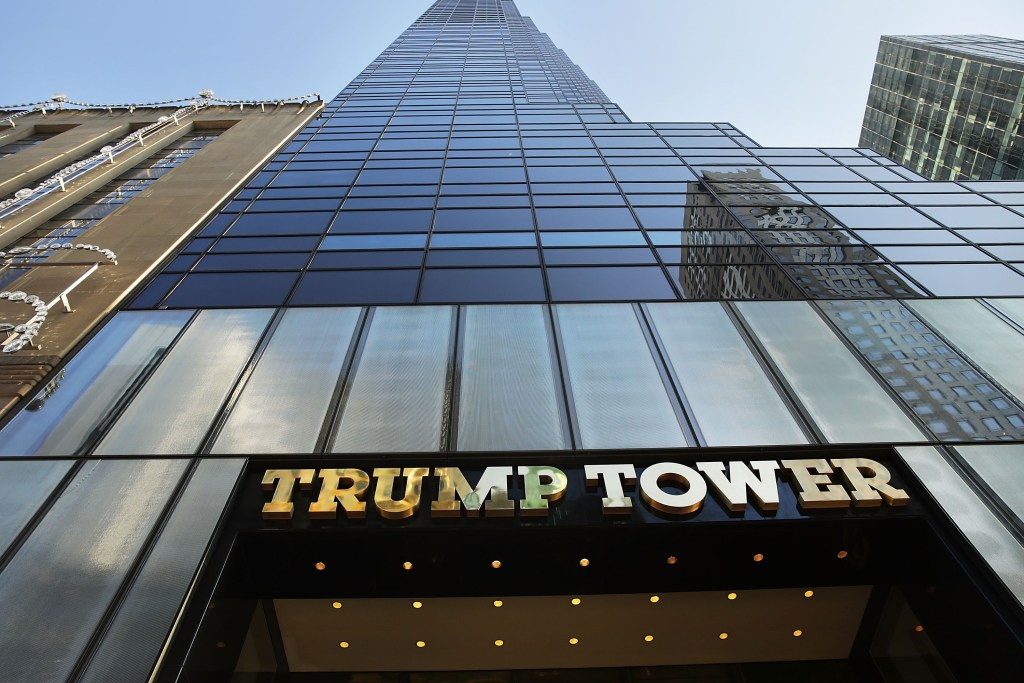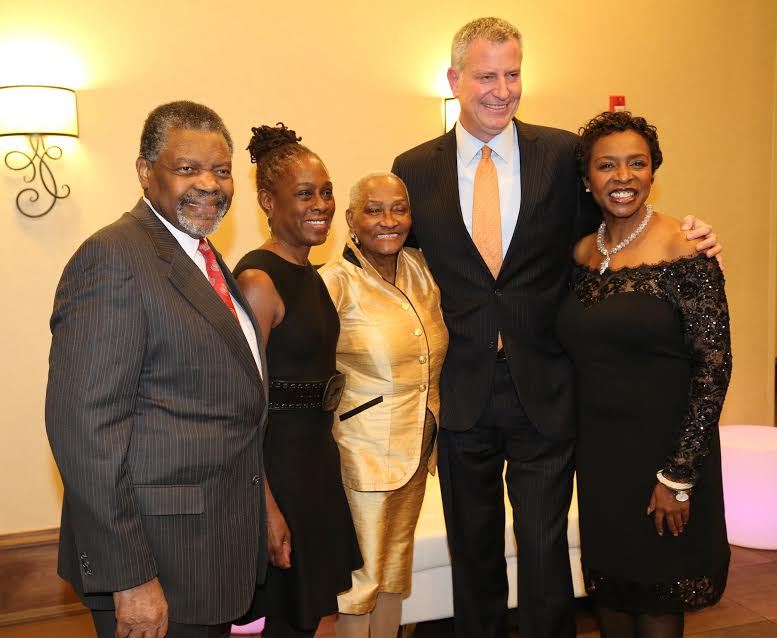What can we expect when a property industry tycoon becomes the leader of the free world for the first time in history? There was volatility in financial markets in the immediate aftermath of Trump’s victory, which is being chalked up to Brexit-like jitters, yet there is much room for speculation because of the President-Elect’s lack of political experience and policy plans. The U.S. housing market is made up of many moving parts —buyer and seller sentiment, mortgage rates, home building and more — all of which influence the strategies that will be delivered to clients at the grassroots level by agents and brokers. What follows is a collection of the opinions of industry experts regarding the future of real estate, now that the election is officially decided.
With a seasoned real estate tycoon taking up residence in the luxury property at 1600 Pennsylvania Avenue, one would expect that the atmosphere would be ripe for profitability to skyrocket, but a realistic analysis leaves things looking less clear.
A key point of Donald Trump’s campaign has been his anti-immigration stance. Not only did he campaign on promises to deport vast numbers of undocumented immigrants, but he has also promised to make work visas much more difficult to obtain. What that means for real estate is two-fold. If he does follow through and make long term visas much more difficult to obtain, it may negatively impact the luxury market, as international buyers tend to both purchase and invest in higher-end properties, as well as new construction projects. The reduced infusion of cash may restrict growth in this sector. If that is how things unfold, it would be quite ironic, as Trump himself is heavily invested in that very sector. 
The other side of immigration reform, which involves the deportation of millions of undocumented immigrants may gut the construction workforce, causing work slowdowns on new development due to labor shortages, and may also result in increasing construction costs. Paired with the reduced demand for housing, new construction may slow dramatically.
The promise of tax cuts and increased government spending on infrastructure will likely boost the economy in the first half of 2017, which will in turn, drive both interest rates and inflation higher. However, if Trump continues to be unpredictable, it is likely that the financial markets will continue to be volatile, which would generally cause the Federal Reserve to hesitate to increase prime interest rates. Whether the initial economic boom will continue long term will determine whether there is actually an improvement in the economy or if interest rates will remain disproportionately high, saddling the next generation with increasing housing debt. Another factor that may play into the long term outcome is restrictions on international trade, which could set off another recession.
If the Dodd-Frank Regulations imposed on the financial industry is repealed, then less Federal regulations might free up the flow of money to more real estate developers,which in turn could drive the real estate development market. That may also lead to less strict underwriting on personal mortgages as well, which would allow people with lower credit scores to obtain financing for their real estate purchases. That however is, IF.
Finally, Fannie Mae and Freddie Mac programs might be eliminated, which would be very unfavorable for the average homebuyer. Without the guarantees that these programs offer, first time home buyers may have much more difficulty securing a loan, and affordable 30 year fixed rate mortgages may become a thing of the past.
If you’ve followed me this far, you probably see that there are so many factors in play that projections are varied and often conflicting. Just about the only thing that seems sure in terms of the impact of the presidential election on real estate is, that mortgage rates will go up somewhat in the short term. What follows will be determined by which of his campaign promises President-Elect Trump will actually keep.
























